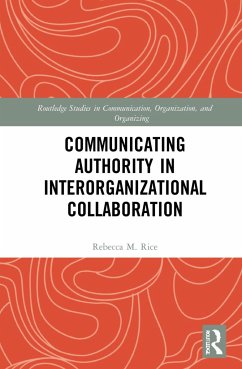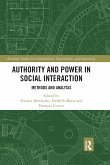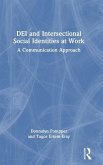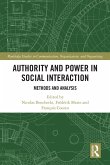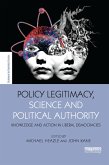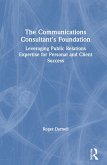The book offers an in-depth analysis of the challenges of establishing authority within collaborative efforts. It introduces the concept of cumulative authority, arguing that communicating authority effectively is key to the creation and success of collaborations. Rice uses a communication-as-constitutive of organizations perspective to reconsider organizational authority, typically thought of in terms of leadership, as instead negotiated in communication among collaboration members as they attempt to influence the collaboration's direction. Drawing from an extensive two-year case study of emergency management collaborations, the book traces potential influences on collaborative authority, including members' knowledge and expertise, organizational structures and hierarchies, and the material world, including documents, technologies, and the natural environment. This book is a valuable empirical resource for organizational communication and management students and scholars. It will also appeal to community collaborators and organizers, and contains advice and reflection questions for practitioners.
Hinweis: Dieser Artikel kann nur an eine deutsche Lieferadresse ausgeliefert werden.
Hinweis: Dieser Artikel kann nur an eine deutsche Lieferadresse ausgeliefert werden.
This book brings much-needed attention to one of the most difficult yet important concepts for inter-organizational collaboration - the notion of authority. The communication perspective articulated here offers valuable insights that enhance the literature on organizational communication and collaboration.
Matthew Koschmann, Associate Professor, Department of Communication, University of Colorado Boulder, USA
In some corners of organization studies, the investigation of authority has been gradually supplanted by attention to power. In this book, Rebecca Rice expertly reinvigorates the study of authority by making the notion intrinsically communicative-in a most sophisticated way. Based on a detailed two-year ethnographic study of an emergency management collaboration, Rice unfolds the notion of cumulative authority, which shows how intensely interorganizational collaborations wrestle with complexity, materiality, and expertise, even when governmental influence would appear dominant. With its fascinating case study, its theoretically rich engagement with communication, and its compelling contributions to practice, this is the book that will inspire innovative lines of investigation in interorganizational collaborations.
Timothy Kuhn, Professor and Chair, Department of Communication, University of Colorado Boulder
Matthew Koschmann, Associate Professor, Department of Communication, University of Colorado Boulder, USA
In some corners of organization studies, the investigation of authority has been gradually supplanted by attention to power. In this book, Rebecca Rice expertly reinvigorates the study of authority by making the notion intrinsically communicative-in a most sophisticated way. Based on a detailed two-year ethnographic study of an emergency management collaboration, Rice unfolds the notion of cumulative authority, which shows how intensely interorganizational collaborations wrestle with complexity, materiality, and expertise, even when governmental influence would appear dominant. With its fascinating case study, its theoretically rich engagement with communication, and its compelling contributions to practice, this is the book that will inspire innovative lines of investigation in interorganizational collaborations.
Timothy Kuhn, Professor and Chair, Department of Communication, University of Colorado Boulder

